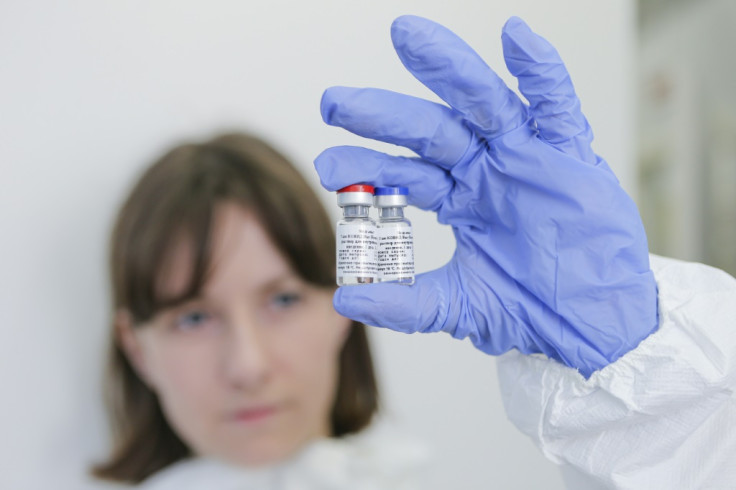Latest study shares promising results regarding COVID-19 immunity
Results from several immunity studies indicate that the human immune system would likely benefit from vaccination.
The debate still continues as to how long one would remain immune to the coronavirus upon recovery. There have been conflicting reports wherein one side implying the possibility of reinfection is high. Meanwhile, other researchers claim that those who recovered from COVID-19 retain the crucial antibodies that could keep them protected.
Now, results from several immunity studies (pending peer review) indicate that the human immune system would likely benefit from vaccination when it becomes available later on.
Previously, researchers pointed out that unlike patients who experienced mild to severe symptoms most who were diagnosed as asymptomatic could quickly loose immunity. It suggests that those who were exposed to higher viral loads produced more antibodies which lasted longer. On the other hand, folks whose infections never manifested to its full extent supposedly saw a substantial reduction of coronavirus antibodies in a matter of weeks.
Normally, antibodies produced by the body's immune system will naturally decline over time. However, scientists have wondered if the genetic details of viruses it has encountered would be retained and for how long. "This is an accumulation of more information that allows people to become more comfortable with the idea that we are going to have immunity that's going to be longer in duration," Columbia University Mailman School of Public Health Center for Infection and Immunity director Dr. Ian Lipkin.
An abstract published by the science journal Nature notes that the novel coronavirus triggers the body's production of T cells. These immune cells are responsible for killing off other cells that have been infected by the virus. Moreover, some donor blood samples taken from subjects who have never been infected show that around 20 to 50 percent can fight off the SARS-CoV-2 even without prior exposure.

So far it remains unknown as to why these individuals have a more robust immune system. Additional studies conducted reveal the aforementioned T cells generate memory T cells that remain active longer within the human body. In theory, this supports the idea that the probability of reinfection is very low. Furthermore, if vaccine researchers can somehow harness this ability, it would mean that those inoculated will have long-term protection from the 2019 novel coronavirus.
© Copyright IBTimes 2025. All rights reserved.





















